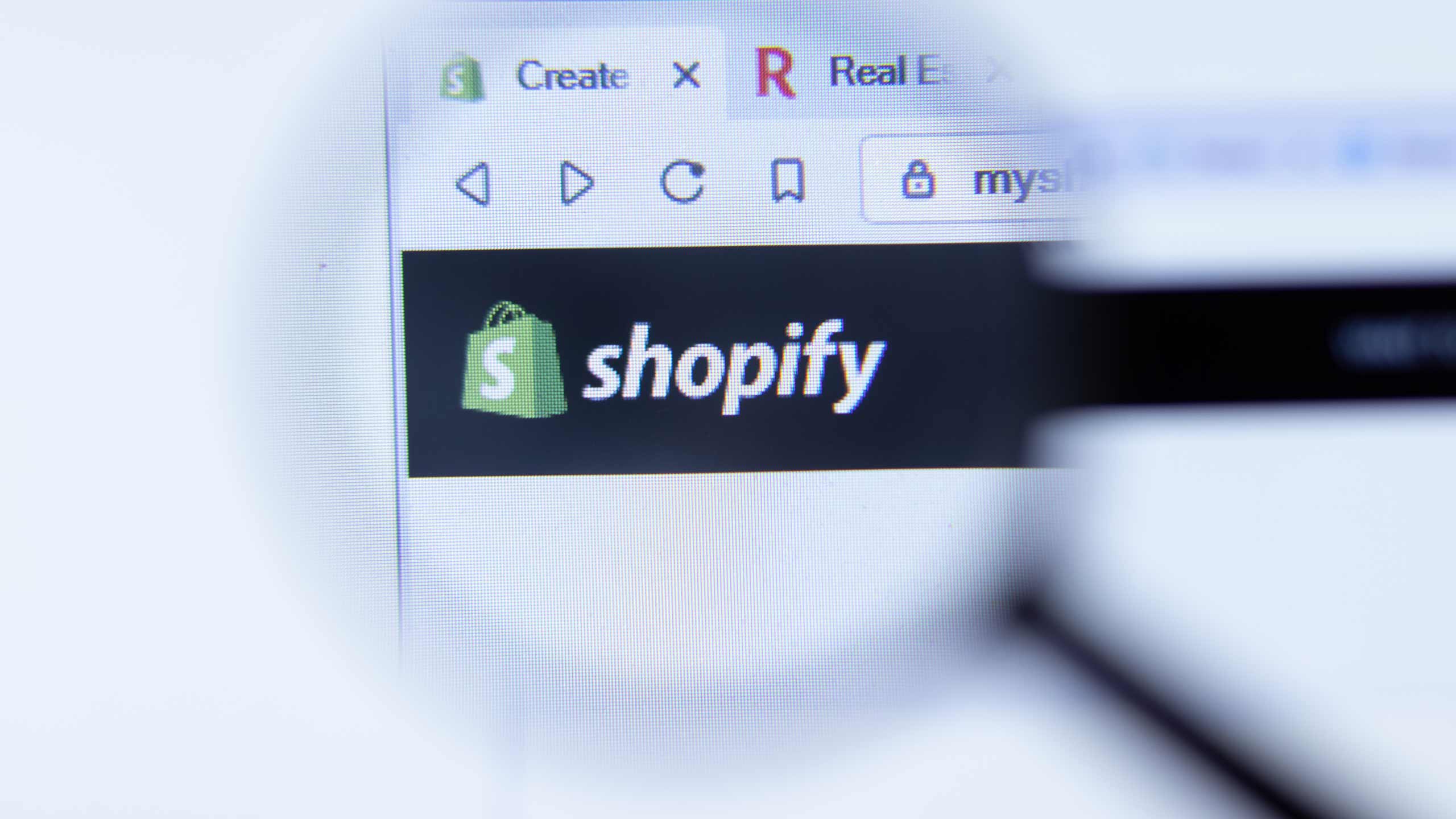Shopify Processing and Dispute Management Explained

Shopify is a popular cloud-based eCommerce platform where users can build and operate an online store with shopping cart and point-of-sale functionality. Shopify is used worldwide in over 175 countries. In this article, we’ll look at Shopify for merchants researching processing, fraud and dispute management on this platform.
SHOPIFY BASICS
If you’re already familiar with Shopify, you can skip over to the next section. For you newbies, here’s a basic rundown of what Shopify offers. For a monthly subscription, you get a customizable eCommerce website complete with shopping cart, inventory management and reporting. You can customize look and feel by choosing from dozens of free and premium themes, and you can extend site functionality with integrations and plugins available through their app store.
Shopify provides hosting and support as part of your subscription. They’ve made the process completely easy so that you don’t have to know code. Once you sign up and input your inventory, you can be up and running within minutes.
SHOPIFY PROCESSING
One of the main perks of Shopify is that it ships with a native processing solution called Shopify Payments. Getting set up with Shopify Payments is super easy — too easy, actually. Simply link your business bank account, and in no time you have a point of sale, gateway and the ability to process the major card networks. You can also integrate with social media and use Shopify to sell products over Facebook and Amazon sales channels.
Ease of Use
Shopify boasts that you can get up and running in minutes. That can actually be a problem because once Shopify subsequently reviews your account, they may revoke your processing for selling prohibited products or because they deem you too high risk. High-risk merchants often hit this wall; after searching for processing to no avail, they come to Shopify thinking they can set up shop, only to get reviewed and canceled later on.
Third-party Integration
If you have processing already, or need to find processing elsewhere, you can easily integrate it into your Shopify site through the Payments Admin. You can also configure most payment methods here, including PayPal, Amazon Pay, Apple Pay and crypto currency. You’ll want to go this route if you’re selling subscriptions, high-risk items, or you’re transacting internationally.
Processing Fees
Depending on your subscription plan, Shopify tacks on an additional processing fee between .5% and 2%, in addition to your processor’s fees. A potential downside to third-party processing is the customer gets routed to your processor’s site to authenticate, and this may add friction to the checkout process.
If, you’re a low-risk merchant, your products are not prohibited, and you’re processing within your country of origin, Shopify Payments is a competitive option. Shopify pays out bi-monthly with a $25 payout minimum. They typically charge processing fees between 2.4% and 2.9%, plus $.30 per transaction. In-store fees are set at 2.5%. One big plus for Shopify Payments is that’s all you’re charged; there’s no other hidden fees.
FRAUD AND CHARGEBACKS ON SHOPIFY
Once you’re processing transactions, you’ll inevitably come across fraud and chargebacks. Despite the ease of use and all the great features Shopify offers, the volume of fraud you encounter is an important factor for whether this platform works for you or not. Shopify does offer some effective resources for merchants to prevent and manage fraud. However, the potency of these resources declines at scale in the shadow of Shopify’s chargeback policies.
Fraud Management
Shopify provides a couple layers of security for transactions. Shopify Payments uses 3DSecure authentication, along with AVS and CVV verification, all standard for transactions. Subscribers above the Shopify Basic plan also get fraud scoring for their transactions.
You can further protect yourself with their Fraud Filter. This is a free add-on, developed by Shopify. As the name suggests, you can configure various filters to flag or cancel transactions. Fraud Filter detects suspicious behaviors that you can program to look out for, like when transactions exceed a set dollar amount. You can also blacklist certain IP addresses or individuals.
As with Shopify Payments, Fraud Filter’s simplicity can cause problems for some merchants. Filter actions can trigger false declines. If you are not familiar with fraud and its attributes, you can easily over-protect your processing with this application. Also, if you’re a high-risk for fraud, you will most likely require a more in-depth prevention solution.
Chargebacks
Shopify merchants will also face chargebacks in the course of doing business, and Shopify does provide some assistance with them. Shopify simplifies chargeback reason codes from the payment networks and assigns them into eight broad categories:
- Fraudulent
- Unrecognized
- Duplicate
- Subscription canceled
- Product not received
- Product unacceptable
- Credit not processed
- General (catchall)
They will also respond to chargeback inquiries with any transaction information they have. You can add to this response with deeper information if you want to challenge a dispute.
If you catch a dispute before it is charged back, you can refund the transaction. But be very careful that you don’t also get a chargeback as well. Shopify is unclear about whether refunds will prevent chargebacks through their system.
Shopify has been known to be strict on merchants with chargebacks. This is perhaps the greatest downside to using Shopify Payments. One chargeback too many, and your whole operation can get shut down. You can lose your store and processing, and your payout can be frozen. That’s a super steep price to pay, especially since there is no clear threshold that can trigger this in the Shopify terms. You’re at the mercy of Shopify’s discretion.
CONCLUSION
Shopify is a super simple, all-inclusive ecommerce solution. Merchants can get hosting, inventory management, shopping cart and processing all in one platform. Shopify also provides tools to prevent fraud and manage disputes. However, this simplicity can also be a problem for some merchants.
It’s important to be proactive against disputes. Make sure you’re taking these fundamental steps to reduce disputes and chargebacks, as you would with any other ecommerce set up:
- Investigate suspicious orders before you fulfill them.
- Make sure your contact information is easy to find on your store.
- Respond to customers quickly if they have any problems.
- Inform customers about your store’s policies.
- Keep your customers updated throughout the shipping process.
- Use online tracking and delivery confirmation when possible.
With Shopify, you’re rolling with all your eggs in their basket, so ensure you understand their terms and policies. High-risk merchants, and those that process in high volumes or with multiple currencies might consider other options. You may be able to set up your shop, but you can get canceled once Shopify gets a closer look at your operation.
If you’re looking for a processing solution for your business, ChargebackHelp can assist you. Send us an email, call us at 1.800.975.9905 or contact us here.








